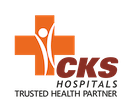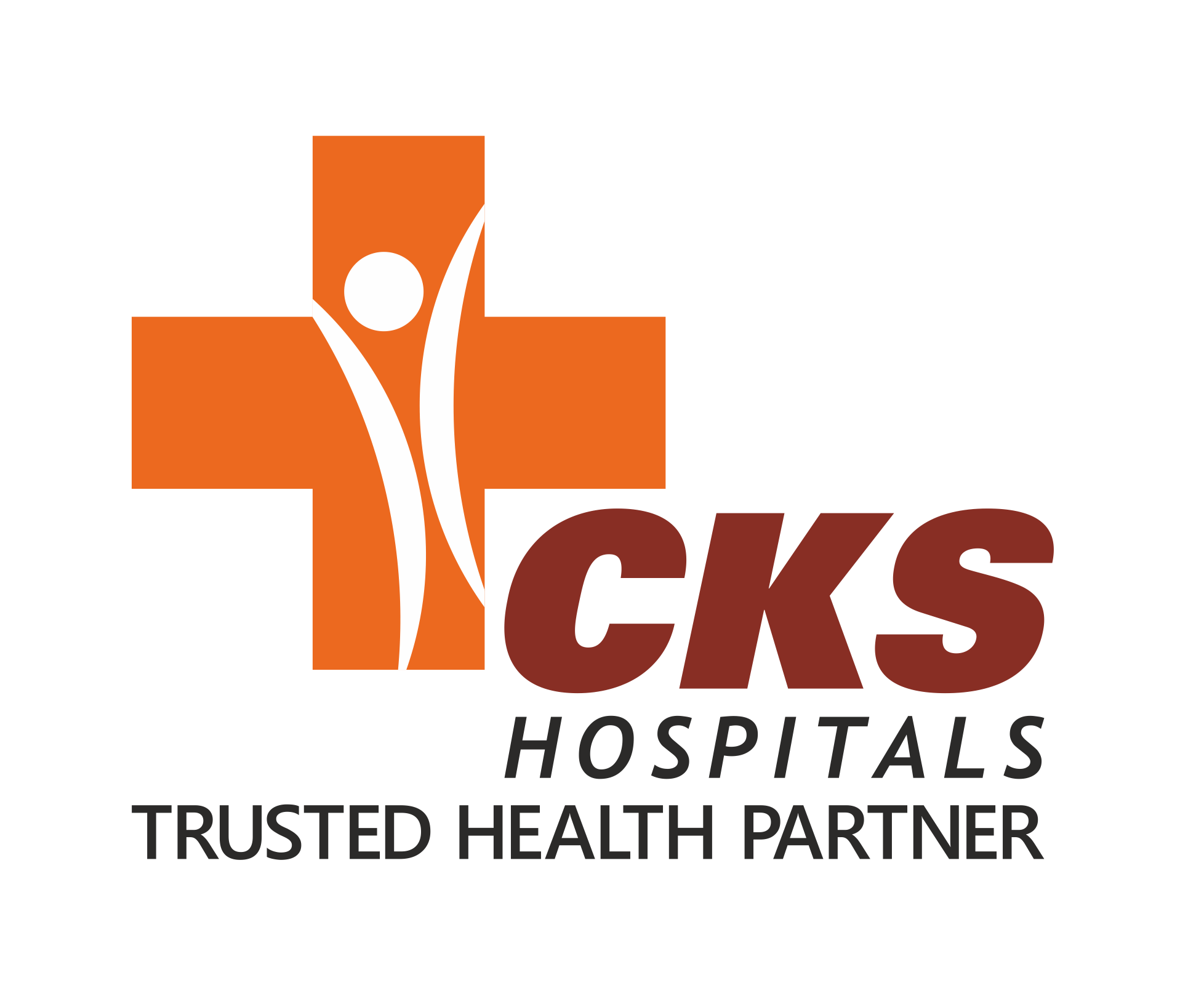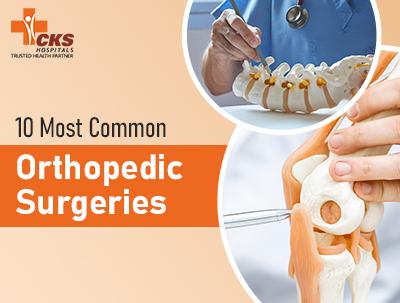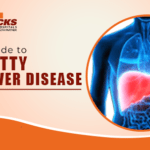Neurological disorders encompass a broad spectrum of conditions affecting the nervous system, leading to disruptions in the normal functioning of the brain, spinal cord, or other nerves. These common brain disorders can significantly impact an individual’s daily life, causing a range of symptoms that may include cognitive impairment, movement difficulties, and sensory disturbances. Sufferers often face challenges in communication, mobility, and overall quality of life. In this exploration of neurological disorders.
We will delve into 10 common brain disorders, shedding light on their symptoms and causes. By providing a simple and understandable overview, we aim to raise awareness about these conditions, facilitating a better understanding of the struggles faced by individuals dealing with these neurological challenges.
Know the 10 Common Neurological Disorders
There are different types of brain disorders, ranging from mild issues like temporary nerve weakness to more serious conditions that need constant or urgent medical care. Here are the 10 common neurological disorders a person may have-
Headache
Headaches can be mild or strong. There are different types, like tension headaches from stress, causing a band-like pain. Migraines bring intense throbbing pain, often on one side, with sensitivity to light and sound. Cluster headaches have sharp and intense pain that comes and goes.
It’s important to know what type you have for the right treatment. Some find help with over-the-counter options, while others may need prescriptions or special treatments
Stroke
A stroke is a sudden blockage of blood flow to the brain. Strokes happen when the brain’s blood supply is disrupted, classified into two types: ischemic strokes (blocked vessels) and hemorrhagic strokes (burst vessels). Ischemic strokes need quick treatment, often with clot-dissolving meds or clot removal procedures.
Post-stroke rehab is the key to recovery, helping regain lost abilities. Timely treatment and comprehensive care are vital for fast recovery.
Epilepsy
Epilepsy, a common disorder of the central nervous system, triggers abnormal electrical activity in the brain, leading to recurrent, unprovoked seizures. These seizures can look different for each person. While one seizure doesn’t necessarily indicate epilepsy, experiencing two or more might. Seizure symptoms vary, and after an episode, consulting your doctor is crucial.
Effective treatments, often medication, can lead to seizure freedom. For some, epilepsy surgery might be curative by removing the seizure focus in the brain.
Alzheimer’s Disease
Alzheimer’s disease, a prevalent neurological disorder, is a progressive brain condition and the primary cause of dementia. It brings a slow memory decline, affecting daily life and behaviour. Some patients may also face digestive issues alongside nerve symptoms, adding complexity to their routines.
Alzheimer’s damages and eventually kills brain cells, reducing brain volume. While the exact cause is unknown, a mix of genetics, lifestyle, and environment play a role in its development.
Brain Tumor
A brain tumor is an abnormal growth of cells in the brain. Symptoms such as persistent headaches, alterations in vision, or speech difficulties may occur. Common causes include genetic factors or radiation exposure. Treatments encompass surgery, radiation, or chemotherapy, customized to the tumor’s unique characteristics.
Early diagnosis is critical, hence, if you observe persistent symptoms, seek consultation with a top neurologist for a right treatment
Parkinson’s Disease
Parkinson’s disease, a complex movement disorder, kicks in when certain brain cells start to fade, leading to a drop in dopamine, a crucial messenger for nerve cell communication. As dopamine levels decline, symptoms like tremors, stiffness, and slowed movement may occur. While the exact cause is unknown, a mix of genetic mutations and environmental factors is suspected.
Treatment revolves around symptom management, including medications to regulate dopamine, physical therapies for improved mobility, and, in advanced cases, surgical options like deep brain stimulation.
Cerebral Palsy
Cerebral palsy is a group of disorders affecting a person to move and control his body. Symptoms emerge by age 3 and include poor coordination (Ataxia), uncontrolled movements (Dyskinesia), and muscle stiffness (Spasticity). Signs can range from mild trembles to severe paralysis.
Cerebral palsy can result from infections during pregnancy, lack of oxygen at birth, bleeding in the brain, gene mutations, exposure to toxins, or traumatic head injuries after birth.
Neuropathy
Neuropathy is a condition where nerve damage results in pain and numbness. It’s essential to identify causes like diabetes for effective management. Simple adjustments in lifestyle, coupled with medications, can significantly alleviate symptoms and improve the daily lives of individuals dealing with neuropathy
ALS (Amyotrophic Lateral Sclerosis)
ALS or Amyotrophic Lateral Sclerosis disease, is a rare neuromuscular condition impacting nerve cells in the brain and spinal cord. The causes are uncertain, with genetics and environmental factors considered potential contributors. Symptoms of ALS include muscle weakness, twitching, stiffness, slurred speech, and difficulty breathing or swallowing.
Diagnosis of ALS is challenging and often requires a neuromuscular neurologist’s expertise. While there’s no cure, early treatments can help manage the condition effectively.
Huntington’s Disease
Huntington’s Disease is a genetic disorder that influences both movement and thinking abilities. The person with this condition often faces various challenges related to coordination and cognitive functions.
Symptoms of Neurological Disorders
- Partial or complete loss of sensation, impacting balance, coordination, and physical tasks. Persistent numbness requires consultation with a doctor.
- Experience back, neck, muscle, and joint pain, along with chronic headaches, indicating potential nervous system issues.
- Trouble concentrating and memorizing information, indicative of progressive neurological diseases like Agnosia. Short-term memory may be affected.
- Insomnia and hypersomnia, common sleep disorders in neurological problems, may trigger anxiety as an additional symptom.
- Damage to the brain’s occipital lobe can lead to blurry or hazy vision, double vision, and sensitivity to bright light, making daily interaction challenging.
- Common brain disorders can cause muscle weakness, affecting mobility and coordination.
- Feelings of tingling or “pins and needles” in different parts of the body, indicating nerve-related issues.
- Impaired speech, slurring, or difficulty articulating words can be associated with neurological disorders.
- Neurological problems may affect the ability to maintain balance and coordinate movements.
- Neurological disorders can contribute to mood swings, anxiety, depression, or other emotional changes
Causes of Common Brain Disorders
- Hereditary factors contribute to disorders like Huntington’s disease, muscular dystrophy, and certain types of epilepsy.
- Head and spinal injuries can lead to conditions such as traumatic brain injury (TBI) or spinal cord injury.
- Conditions like phenylketonuria (PKU) and Wilson’s disease result from metabolic abnormalities.
- Viruses (e.g., herpes simplex, HIV), bacteria (e.g., meningitis), and parasites (e.g., Lyme disease) can affect the nervous system, leading to conditions like encephalitis or meningitis.
- Conditions like multiple sclerosis and Guillain-Barré syndrome occur when the immune system mistakenly attacks the nervous system.
- Exposure to certain chemicals, toxins, or environmental factors can cause neurological damage.
- Inadequate intake of essential nutrients, like vitamin B12, can lead to neurological problems.
- Disorders affecting hormones, such as thyroid issues, can impact the nervous system.
Partnering for Health: Professional Aid for Neurological Disorders
In times of neurological challenges, seeking help from the best hospital is crucial for a better quality of life. CKS Hospital stands as a beacon of hope, with a dedicated team of experts in neurology. Their renowned faculty offers compassionate care, ensuring patients receive the best possible treatment. If you or a loved one is grappling with a neurological disorder, consider visiting CKS Hospital, where expertise meets empathy, fostering a path towards improved well-being.
For Specialized Care, Book your Appointment or call us at 0141-3313233 – Your Partner in Neurological Well-being!
Also Read Our Latest Blog – How to Clear Blocked Arteries Without Surgery?







